Aplenty Roasted Sesame Seeds | White Sesame Seeds | Roasted White Til For Eating – 400gm
- Delivered today (order Mon-Fri before 12:00, delivery between 17:00 and 22:00)
- Including shipping costs, sent by klbtheme.com
- Pick up at a klbtheme.com collection point is possible
- 30 days to change your mind and free returns
- Day and night customer service
Description
Sesame seeds are tiny, oil-rich seeds that grow in pods on the Sesamum indicum plant. Unhulled seeds have the outer, edible husk intact, while hulled seeds come without the husk. The hull gives the seeds a golden-brown hue. Hulled seeds have an off-white color but turn brown when roasted. Sesame seeds have many potential health benefits and have been used in folk medicine for thousands of years. They may protect against heart disease, diabetes, and arthritis
About this item
- A 3-tablespoon (30-gram) serving of Roasted sesame seeds supplies 12% of the RDI for fiber, which is vital for your digestive health.
- Roasted Sesame seeds may help reduce heart disease risk factors, including elevated triglyceride and “bad” LDL cholesterol levels.
- Sesame seeds are high in magnesium, which may help lower blood pressure. Additionally, their antioxidants may help prevent plaque buildup.
- Roasted Sesame seeds are especially rich in nutrients vital to bone health, including calcium. Soaking, roasting, or sprouting sesame seeds can improve absorption of these minerals.
- Sesame seeds are a good source of thiamine, niacin, and vitamin B6, which are necessary for proper cellular function and metabolism.

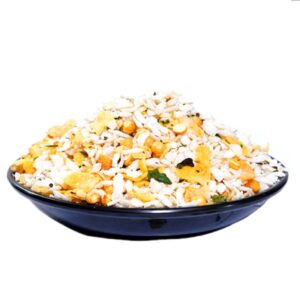
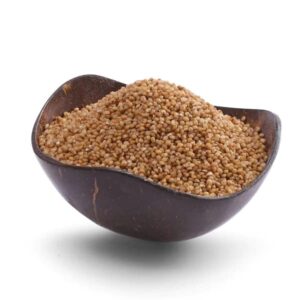
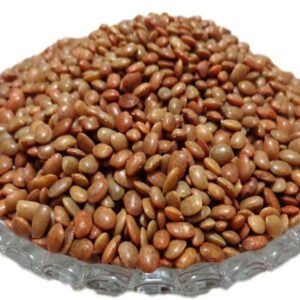
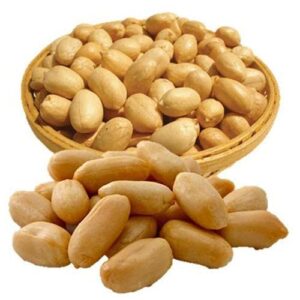
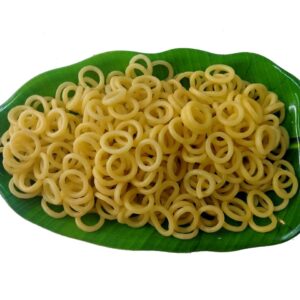






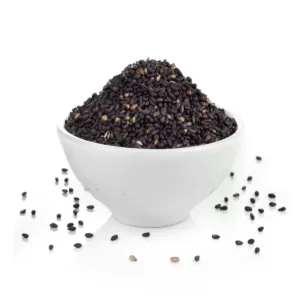



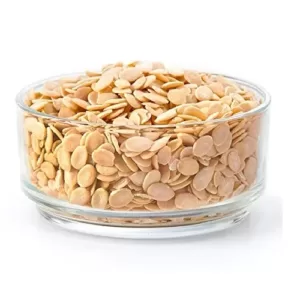
Reviews
There are no reviews yet.